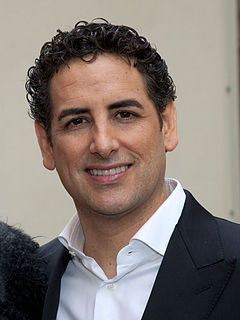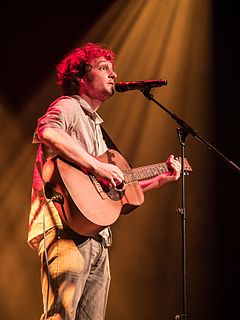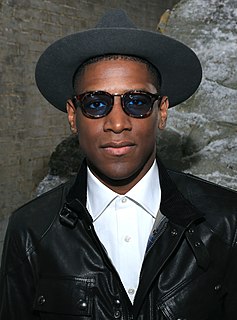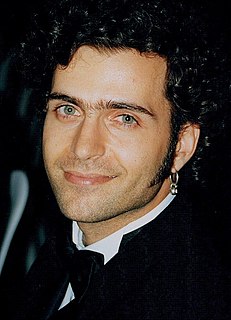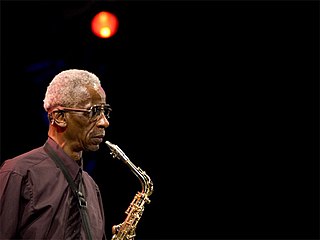A Quote by Natalia Lafourcade
I had to learn about patience, to let the music get its own spirit and voice.
Related Quotes
The voice of the Spirit is described in the scriptures as being neither loud nor harsh, not a voice of thunder, neither a voice of great tumultuous noise, but rather as still and small, of perfect mildness, as if it had been a whisper, and it can pierce even the very soul and cause the heart to burn. The Spirit does not get our attention by shouting.
In the past, I've written my songs and then asked friends if they could record the vocals. I didn't want to use my own voice, because other people have much better voices. I was hearing the music with a voice that I don't have. It was a case of pulling whatever resources I had to get the sound I wanted, but that doesn't take anything away from the authorship. They are songs written by me that sound the way I want them to sound. Whether it's my voice or someone else's doesn't make a difference to the music.
When I started music, I started out in Puerto Rico with classical music. But what really made me want to be a musician was jazz, and because I didn't grow up with jazz, I had to learn it from a very basic level. I had to go into the history and learn everything about the development of the music, all the players and all that stuff.
I went to school to learn guitar, solfeggio, and harmony. I wanted to know more about music, how it works. I wanted to take voice lessons, too, and that's when I discovered what I could do with my voice. At the beginning, I thought I would do classical and pop, but then I learned that I really liked the classical music.
The whole thing of singing on my own has been accidental and random. I sang a huge amount as a kid, and I was a boy soprano. I didn't do that much classical music; I did a little bit. I had a lovely voice. And then when my voice dropped, I didn't worry about it consciously because I wasn't that invested in my singing at the time.
We're always being told 'find your voice.' When I was younger, I never really knew what this meant. I used to worry a lot about voice, wondering if I had my own. But now I realize that the only way to find your voice is to use it. It's hardwired, built into you. Talk about the things you love. Your voice will follow.
The positive thing about collaborating is that I cannot get distracted by coding work, because I cannot waste the other collaborator's time in the same way as I can my own. And it's always good to learn how the other person works, learn about techniques, learn social things like: how do you communicate with another person? The music I make with other people I'm much more confident about, I'm a little bit less judgemental of the outcome than with my own stuff because I know it's not only me, it's a more outside of me. Sometimes I even like them better than my own tracks.







